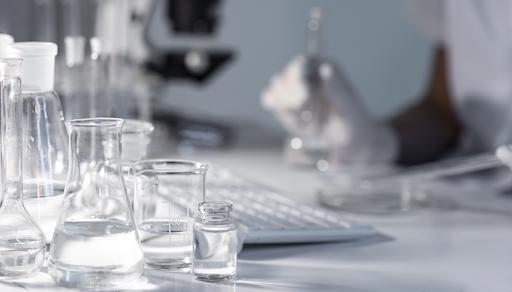As a lab technician or scientist, your lab equipment is the heart of your research work. It’s proper care and maintenance is crucial to ensure that it lasts for years to come. Regular maintenance and care can help you extend the lifespan of your lab equipment, and save you money in the long run. In this article, we’ll discuss in detail how to extend the lifespan of your lab equipment with proper care and maintenance.
Keep your lab equipment clean
Cleanliness is a crucial factor when it comes to extending the lifespan of your lab equipment. Regular cleaning can help remove dirt, dust, and debris that can accumulate in your lab equipment and cause damage. It is essential to use the right cleaning agent and follow the manufacturer’s guidelines when cleaning your lab equipment. For example, you can use a mild detergent and warm water to clean glassware, but avoid using abrasive cleaning agents that can scratch or damage the equipment. Also, ensure that you rinse the glassware thoroughly with clean water to remove all traces of detergent.
Perform regular inspections
Regular inspections of your lab equipment are essential to identify any potential issues before they become genuine problems. During inspections, look for signs of wear and tear, damage, or malfunction. If you notice any issues, take corrective action immediately. For example, if you notice that the seal on your centrifuge is starting to wear out, replace it before it causes any damage to the equipment. Similarly, if you notice that the calibration of your pH meters is off, recalibrate it now to ensure accurate readings.
Follow the manufacturer’s guidelines
Following the manufacturer’s guidelines is essential to prevent unecessary wear and tear to your lab equipment. The manufacturer’s guidelines provide valuable information on the proper use, care, and maintenance of your lab equipment. By following the guidelines, you can ensure you are using your equipment correctly and not causing unintentional damage. For example, if the manufacturer’s guidelines state that you should not overload your centrifuge, make sure you follow this guideline. Overloading your centrifuge can cause damage to the equipment and affect its performance.
Store your lab equipment properly
Proper storage of your lab equipment is essential to protect it from damage and extend its lifespan. When storing your lab equipment, make sure you follow the manufacturer’s guidelines and store it in a safe and secure location. For example, if you are storing your microscope, make sure you cover it with a dust cover to protect it from dust and debris. Also, store it in a dry and cool location away from direct sunlight.
Perform regular maintenance
Performing regular maintenance on your lab equipment is a major part of keeping it functioning correctly and extending its lifespan. Regular maintenance can help you identify any potential issues before they become problems and ensure that your equipment is always working at it’s best. For example, if you are using a spectrophotometer, make sure you clean the cuvettes regularly and replace the light source when necessary. Also, always ensure that you follow the manufacturer’s guidelines for maintenance.
Keep a maintenance log
Keeping a maintenance log is essential to track your lab equipment’s maintenance and repair history. A maintenance log can help you identify any patterns or recurring issues with your equipment and ensure that you are performing regular maintenance as is necessary. You can also use this log to schedule future maintenance and keep track of when your equipment is due for maintenance.
For example, if you notice that your pH meter requires calibration more frequently than recommended, you can investigate the issue and take appropriate action.
In conclusion, taking care of your lab equipment is the best way to extend it’s lifetime and ensure that it lasts for years to come. Regular cleaning, inspections, following the manufacturer’s guidelines, proper storage, regular maintenance, and keeping a maintenance log can help you get more hours out of your lab equipment and save you money in the long run. By following these tips, you can ensure that your lab equipment is functioning at its best for as long as possible, and helping you make important discoveries and advancements in your field. At Techmate, we offer a range of cleaning chemicals, including acetone, hydrogen peroxide, and citric acid that are suitable for maintaining and cleaning your lab equipment. Additionally, we have other laboratory supplies that you might find useful. You can either browse and select the products yourself or contact us for assistance in selecting the best product for you.

